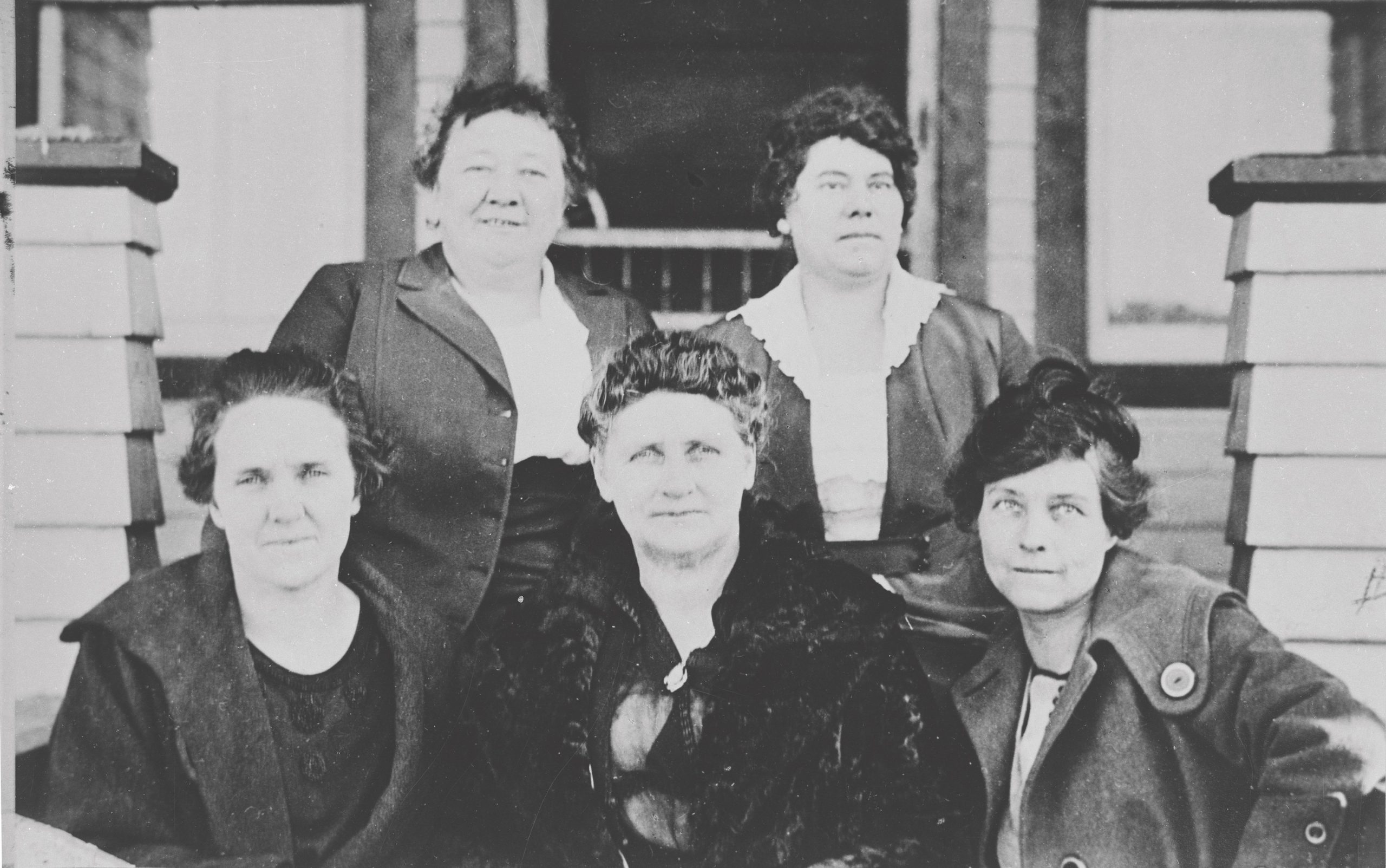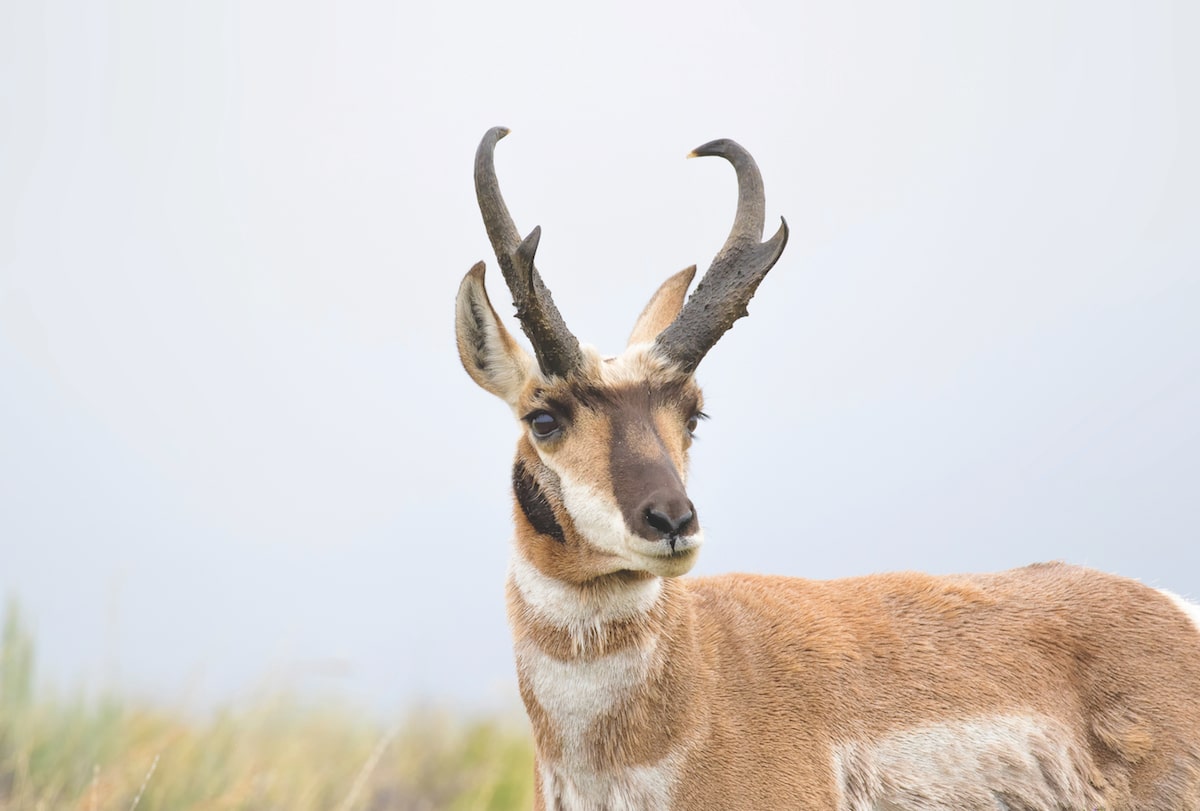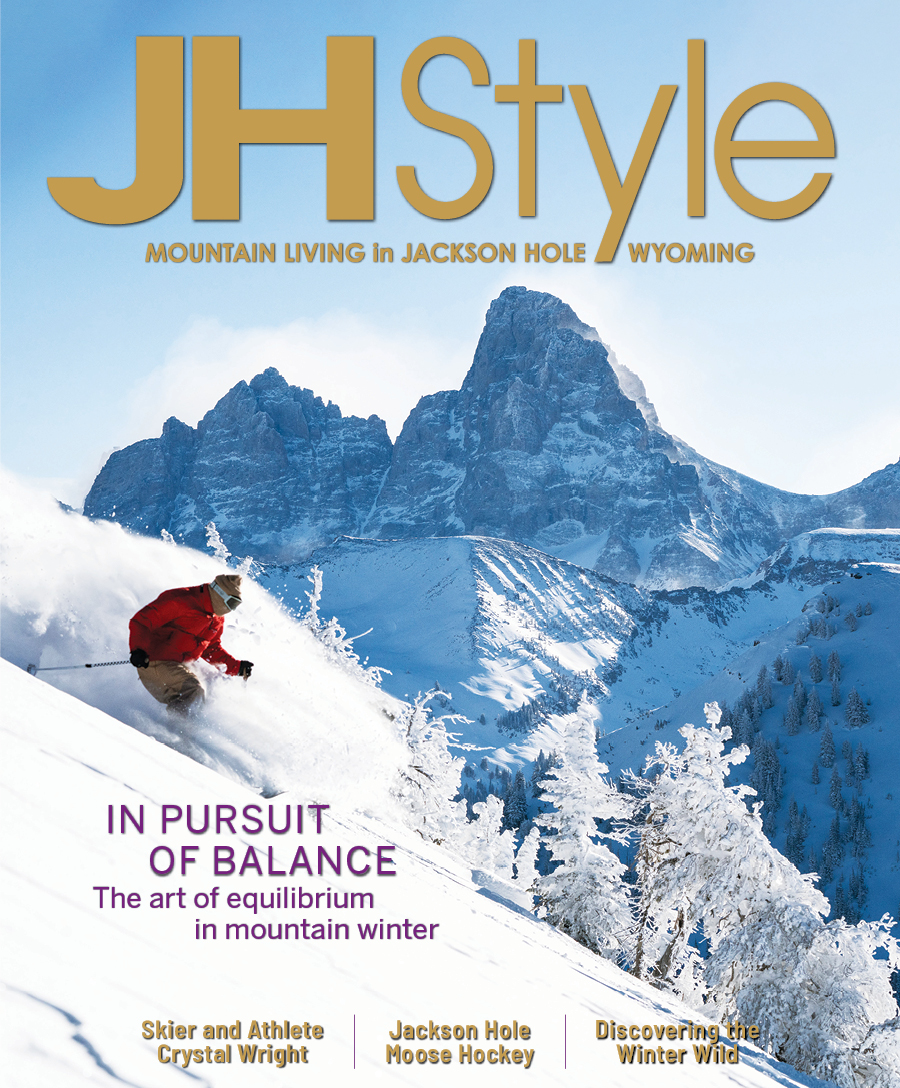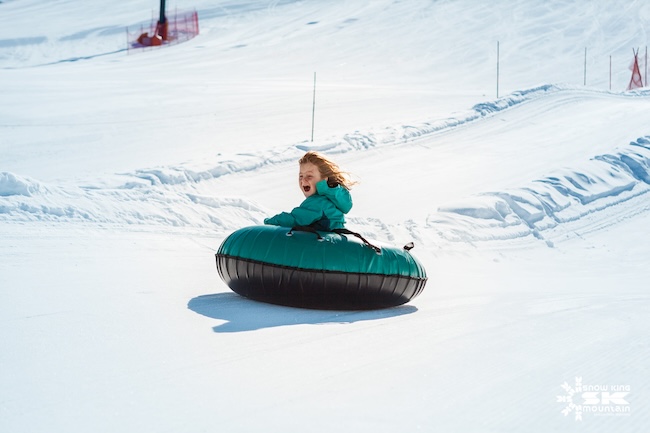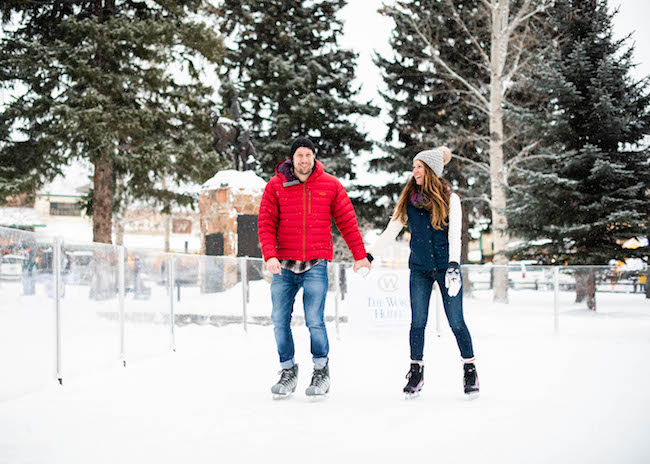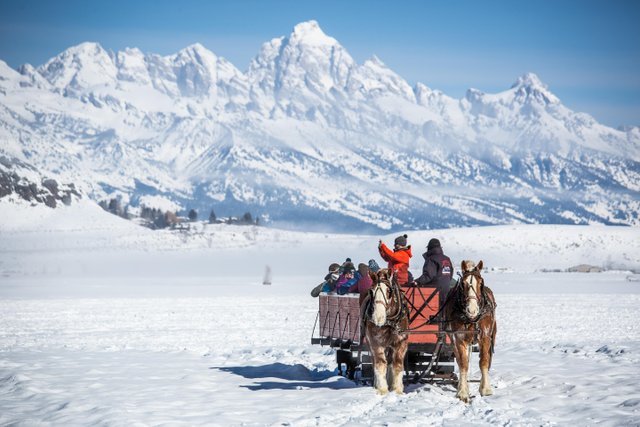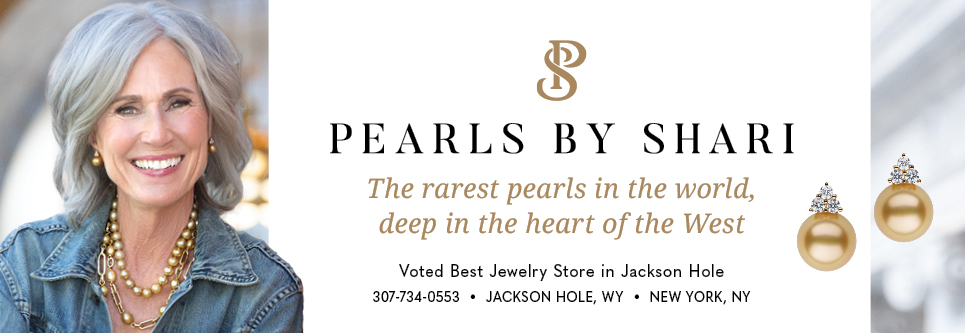Jackson Hole’s wildlife warrior
10 Sep 2022
Kristin Combs isn’t backing down
Summer 2022
Written By: Melissa Thomasma | Images: Chris Figenshau
Last summer, I pulled into the Teton Wildlife Rehabilitation Center’s property and parked alongside Kristin Combs’ cerulean Toyota Prius boasting a droll, self-deprecating sticker that read: “Cool Prius!” — Nobody.
She waved me over, standing aside a six-person tent. The rainfly was off, and inside was a meticulously assembled habitat replete with leafy boughs, sprigs of serviceberry heavy with purple fruit, and a generous water bowl. The tent had been transformed into a haven for an evening grosbeak recovering from a collision with a window. As a trained wildlife rehabilitator, Kristin often gives hours of her time to care for injured wildlife of one stripe or another. Gertie, as the grosbeak came to be known, was a less-than-patient patient — she had a penchant for sneaking out when given the slightest opportunity and taunting her caregiver from nearby perches. The bird’s recalcitrant determination had met its match in Kristin. For weeks, she ensured that Gertie was fed, had plenty of fresh water, and healed from her trauma. Though it’s unlikely either side shed a tear at parting, Kristin ultimately released Gertie back into the wild in peak form, fully rehabilitated from her injury and capable of thriving. That’s one of the most staggeringly impressive things about Kristin: She believes in the importance of a single wild animal as much as the overall populations and ecosystems around her. “Wildlife managers have a perspective that the most important thing is overall population numbers for any given species,” she says. “They often resist the idea that individual animals matter. Beyond believing that a living thing merits respect for its own sake, it’s especially important to value endangered species that act as ambassador animals for the larger group.” Kristin is, of course, referring to famed Grizzly 399 and her iconic quadruplet cubs. A large portion of her work as the executive director of Wyoming Wildlife Advocates revolves around protecting the grizzly bears of the Greater Yellowstone Ecosystem — and she brings the same tenacious grit that she demonstrated with Gertie to this expansive, ongoing effort. Born and raised in Ohio, Kristin has always held a wellspring of love for wild things. She first glimpsed the Tetons on her honeymoon in 2001 — impeccably framed by the lodgepole pines and arrow-straight road slicing down Togwotee Pass. Days later, she saw her first wild bear: a lackadaisical grazing grizzly atop Dunraven Pass in Yellowstone. “I was utterly transfixed,” she recalls. “Simply watching, learning, being in its presence was transformative.” Three years later, she and her husband, Tom, relocated to the area permanently. Tom brought his extensive law enforcement experience to the ranks of the Teton County Sheriff’s Office, while Kristin, forever changed by the grizzly on Dunraven Pass, dedicated her time to ensuring the area’s bears are protected and accessible for the millions of visitors who flock to the area in hope of a similar encounter. “Our bears, like our other wildlife, are integral to the ecosystem and to the economy of this area. People dream their entire lives of seeing a grizzly or a wolf in the wild, and there are few places on the planet where they can see that dream realized,” she explains. “We cannot let that priceless resource be eviscerated by someone’s desire to hunt, to kill, to achieve some kind of ‘trophy.’ These animals belong to all of us, and we all deserve better than that.”
Unwavering in her commitment, Kristin stands toe-to- toe with wildlife managers, politicians, and other community leaders — speaking untempered truth for voice- less wildlife. Driven by compassion and a vision for a community that sets the global standard for living alongside wildlife, Kristin greets each day with a renewed sense of conviction. She develops innovative plans to advocate, motivate, and protect Wyoming’s iconic wild species. She energizes supporters and volunteers and empowers people across the nation to have a voice in these issues. She makes her voice heard.
But only after she’s made sure that her latest convalescing charge, furry or feathered, is tenderly cared for.
“Our bears, like our other wildlife, are integral to the ecosystem and to the economy of this area. People dream their entire lives of seeing a grizzly or a wolf in the wild, and there are few places on the planet where they can see that dream realized,” she explains. “We cannot let that priceless resource be eviscerated by someone’s desire to hunt, to kill, to achieve some kind of ‘trophy.’ These animals belong to all of us, and we all deserve better than that.”
Unwavering in her commitment, Kristin stands toe-to- toe with wildlife managers, politicians, and other community leaders — speaking untempered truth for voice- less wildlife. Driven by compassion and a vision for a community that sets the global standard for living alongside wildlife, Kristin greets each day with a renewed sense of conviction. She develops innovative plans to advocate, motivate, and protect Wyoming’s iconic wild species. She energizes supporters and volunteers and empowers people across the nation to have a voice in these issues. She makes her voice heard.
But only after she’s made sure that her latest convalescing charge, furry or feathered, is tenderly cared for. 
